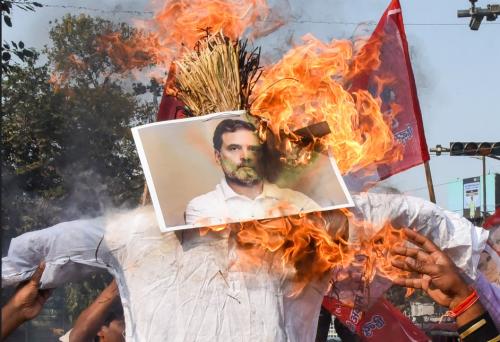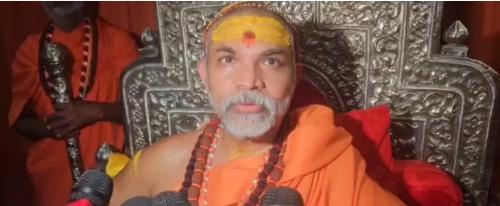In early 2009 it looked as if the WTA tour was about to welcome two new, undersized players to the Top 10. Frenchwoman Alize Cornet and Slovakia’s Dominika Cibulkova, both coming off strong performances in 2008, were playing themselves toward the game's elite. Cornet hit No. 11 in mid-February after reaching the fourth round in Australia, where she lost to Dinara Safina after holding match point. Cibulkova reached a career-best No. 12 in July, having beaten Maria Sharapova at Roland Garros en route to the semifinals.
A year later, Cibulkova is at No. 45 and Cornet at No. 80. Although Cibulkova stands a muscular 5-foot-3 and Cornet a lithe 5-foot-8, they play similar games. They defend well, win few free points on their serves, and are capable of taking control of a rally. It’s not first-strike tennis, but it’s hardly passive. Call it “little babe tennis.” It’s a tough game to face, so why the rapid declines in ranking?
For starters, both suffered injuries in 2009. Cornet had shoulder troubles, while Cibulkova missed most of the end of 2009, including the U.S. Open, with a rib injury. For Cornet, her journey since the 2009 Australian Open has been tough apart from the injury. “Losing the match to Safina after having match point was hard,” she said. “I’ve had good and bad moments since then and I’m trying to just find my game again.”
One recent problem is her lack of a coach. About six weeks ago she split with her coach of 10 years, Pierre Bouteyre. “I’ve never done it all by myself before,” Cornet said of life on the tour after her first-round loss in the U.S. Open Tuesday. Though she got some advice from French federation coaches at the U.S. Open (Alexia Dechaume and Fed Cup coach Nicolas Escude), she says she needs someone to travel with her on a full-time basis. “I’m hoping that maybe I get some offers and find a new coach soon,” she said. “I would even be open to sharing a coach.”
“Maybe I need to take out a personal ad,” she smiled.
Her Slam results in 2010 ended up a disastrous 0-4. “I wouldn’t say this year has been devastating,” she said. “But it hasn’t been so good. It’s a tough road ahead, but I always try my best.”
Cibulkova, too, has had a recent coaching change, though her situation seems much more positive. She’s working with Safina’s ex-coach Zeljko Krajan, and although she hasn’t had the best summer, she stretched Serena Williams for a set in the third round of Wimbledon and took down Melanie Oudin in New Haven. According to Cibulkova, the plan with Krajan is pretty straightforward. “He wants me to play more aggressive,” she said.
Cibulkova said she’s hoping for a good run at a tournament in order to get her confidence back. The U.S. open wouldn’t a bad start: She’s already gotten through two rounds in Queens, and Saturday she will play qualifier Lourdes Dominguez Lino to beat her best showing at the tournament.
With giant-sized players becoming a bigger factor on both tours, a run by Cibulkova would be encouraging for small ballers everywhere.












